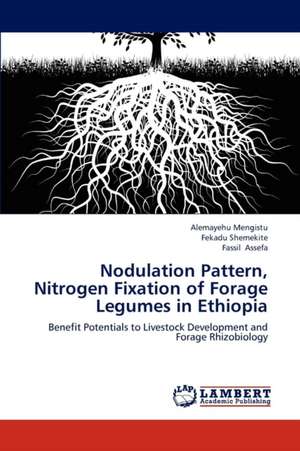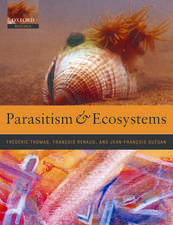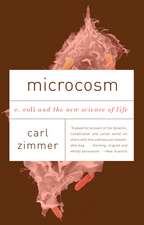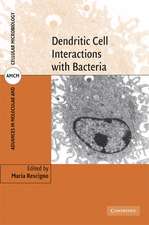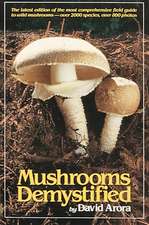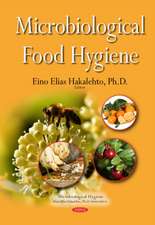Nodulation Pattern, Nitrogen Fixation of Forage Legumes in Ethiopia
Autor Alemayehu Mengistu, Fekadu Shemekite, Fassil Assefaen Limba Engleză Paperback – 19 aug 2012
Preț: 324.39 lei
Nou
Puncte Express: 487
Preț estimativ în valută:
62.08€ • 64.57$ • 51.25£
62.08€ • 64.57$ • 51.25£
Carte tipărită la comandă
Livrare economică 15-29 aprilie
Preluare comenzi: 021 569.72.76
Specificații
ISBN-13: 9783659184338
ISBN-10: 3659184330
Pagini: 100
Dimensiuni: 152 x 229 x 6 mm
Greutate: 0.16 kg
Editura: LAP LAMBERT ACADEMIC PUBLISHING AG & CO KG
Colecția LAP Lambert Academic Publishing
ISBN-10: 3659184330
Pagini: 100
Dimensiuni: 152 x 229 x 6 mm
Greutate: 0.16 kg
Editura: LAP LAMBERT ACADEMIC PUBLISHING AG & CO KG
Colecția LAP Lambert Academic Publishing
Notă biografică
Alemayehu Mengistu,a Visiting Associate Professor, specialized in Forage, Pasture and Range Management sciences, Uppsala University, Sweden. Fekadu Shemekite, a PhD candidate at Addis Ababa University in Applied Microbiology.Fassil Assefa, Associate Professor in Soil and Environmental Microbiology, Addis Ababa University.
